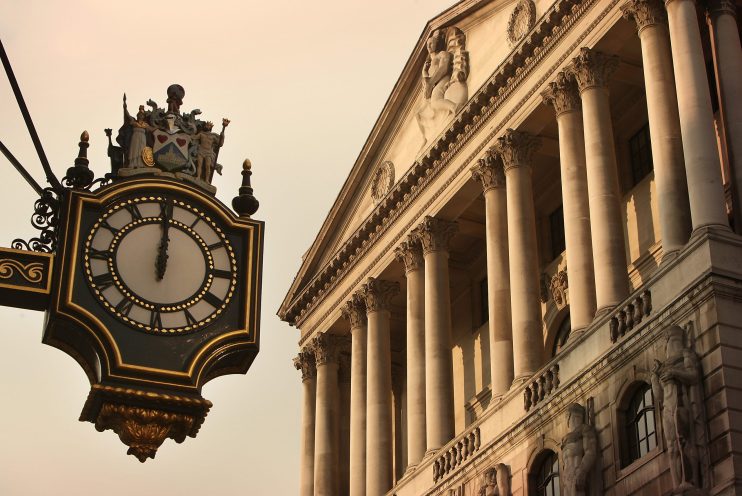
Sterling strikes back

GBP / EUR Update
The pound started the week on the back foot after a tough end to last week. Brexit concerns weighed heavily after the UK stated it would walk away from unsatisfactory negotiations. The EU feels that this will not be the case, but the overall view is that both sides are underestimating the resolve of the other and that there are still significant differences of opinion that will make the negotiation process challenging. A Department for International Trade report on plans for an “ambitious and comprehensive” trade deal with the US did little to assist sterling as the market considered the negligible impact compared with trading with the EU, adding an estimated 0.16% to GDP in 15 years while the economy could shrink by 7.6% in the absence of a trade deal with the EU. The manufacturing PMI was disappointing at 51.7 but sterling made some gains because it was better than the two equivalent US measures. There were also gains early in the week against the US dollar after the Federal Reserve delivered a surprise rate cut. Investors also considered the likelihood of the Bank of England (BoE) the following suit and concluded that the cut was unlikely to be as significant as recent cuts, particularly as incoming BoE Governor Andrew Bailey intimated that his preference was for direct financial support for businesses disrupted by the coronavirus. In a week with rate cuts from across the globe, sterling saw some benefits despite the services PMI missing forecast at 53.2 and ended the week in a slightly better position than it had begun.
The euro also made gains against the US dollar when the surprise rate cut was delivered early in the week, but it was overall a relatively quiet week for the central currency. The manufacturing PMI for Spain not stellar but beat forecast at 50.4. There was also further improvement in the German manufacturing PMI, though much of that was down to “deterioration in supplier delivery times”. Euroland’s services PMI came in lower than the UK equivalent at 51.6 and the euro lost out to sterling. Inflation came in at a provisional 1.2% and the market considered that this was unlikely to have any impact on European Central Bank (ECB) policy. In addition, the ECB doesn’t appear to have the scope to address the coronavirus issue with a major rate cut and the difference in approach may help the euro in the coming weeks, but much depends on a slowdown of the spread of the epidemic for the euro and the currency market as a whole.
Sign up below to speak to a currency specialist.